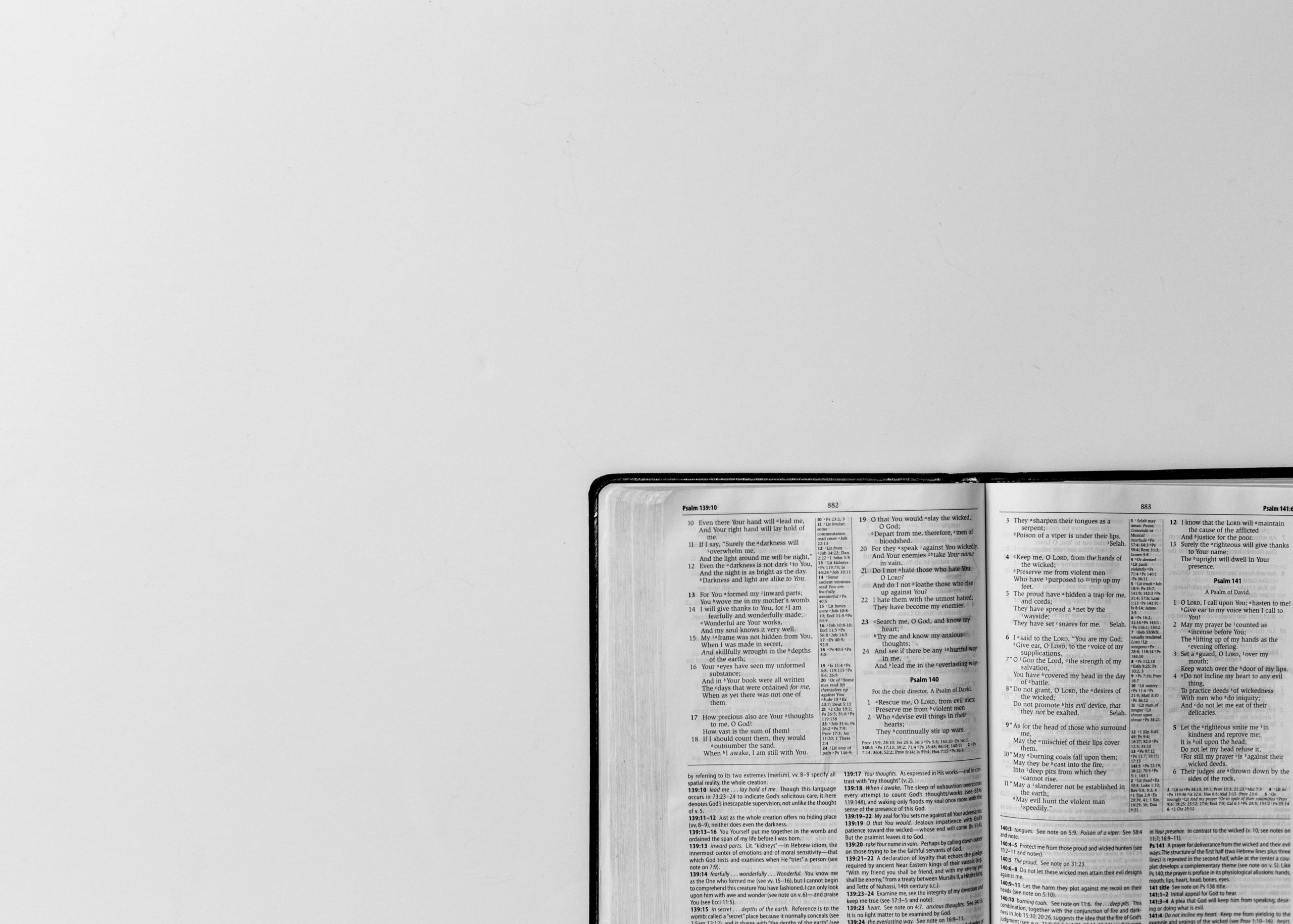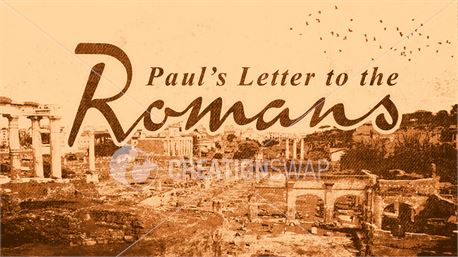
Ancient Anglican
A Modern Perspective on Early Christian Thought.
New on the Blog
Romans 15-16, pt.1
This week, we are going to study everyone in Paul’s farewell.
Romans 14-15:13, pt.2
Paul’s command to us is not to surround ourselves with like-minded individuals, but it is to live in love and peace and harmony with those with whom we may strongly disagree. For if you only love those who love you, what good is that?
Romans 14-15:13, pt.1
The question, therefore, is how can a congregation be reconciled when one faction is denying God’s grace and the other is denying the clear rules of Scripture written in stone? How can the congregation live in peace and togetherness is the question addressed.
Romans 13, pt.2
What does it look like to have love govern all things. If love is the lens through which to interpret Scripture, how do our Bibles readings change? If love governs our actions, how does our behaviour change? If love dictates our thoughts, how does we change?
Romans 13, pt.1
In 17th century England, to be a good Biblical Anglican (as opposed to a Reformed Puritan) was a steadfast belief in the Divine Right of Kings. The unequivocal commands of Scripture required nothing less. (This understanding later influenced many Anglicans to remain loyal to George III.)
Romans 12, pt.2
Secular society teaches us that the goal in life is self-actualization.If we are concerned with self-actualization, then our love cannot be genuine or zealous, we cannot bless those who persecute us, or even rejoice with those who rejoice, because each of these activities is ultimately self-less.
A Sermon on the Canaanite Woman
Therefore, as you go out into the world this week, seek out the Canaanite in your life. Seek out that person or group for whom you are certain stands outside of God’s Kingdom. Engage them without judging them and be ready for God to work within them and within you.
Romans 12, pt.1
Paul speaks of an inner transformation from the “I” towards God and shows how this metamorphosis demonstrates itself within the community of believers which overcomes all divisions through humility and mutual respect culminating in a zealous love for one another
Romans 11, pt.2
in Romans 11, Paul quotes God’s advice to Elijah to transition from his lament over why the Jews don’t understand Jesus as the Messiah to his recognition that their rejection isn’t final. Paul also knows the end of the Elijah story where Elisha. Elijah’s successor, is ultimately victorious.
Romans 11, pt.1
Paul concludes that the Jews rejection of Jesus is not final because God’s promise to his people is irrevocable regardless of their initial rejection. Many theologians of the eariler church also held this hope as to all of humanity.
Romans 9-10, pt.2
“We do not worship the words of a dead prophet, but we worship the living God.”And so when we approach the Scripture, and particularly the troublesome passages, we necessarily see them as living and not frozen in time because their author lives.
Romans 9-10, pt.1
But for Paul the question remained as to why his Jewish audience insisted upon obtaining their righteousness through obedience to God’s law and not the Messiah. Why was it that the good morally upright Jews rejected his message, whereas the pagan Gentiles were receptive?


